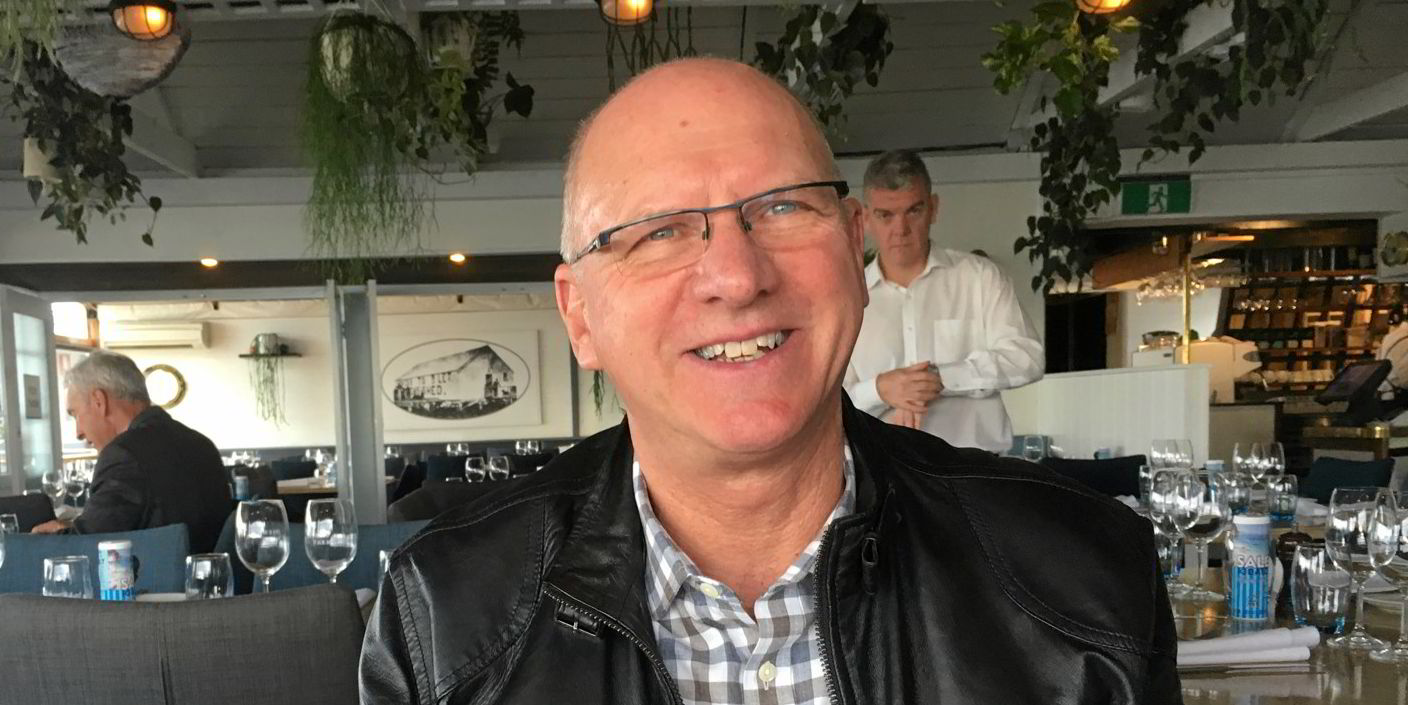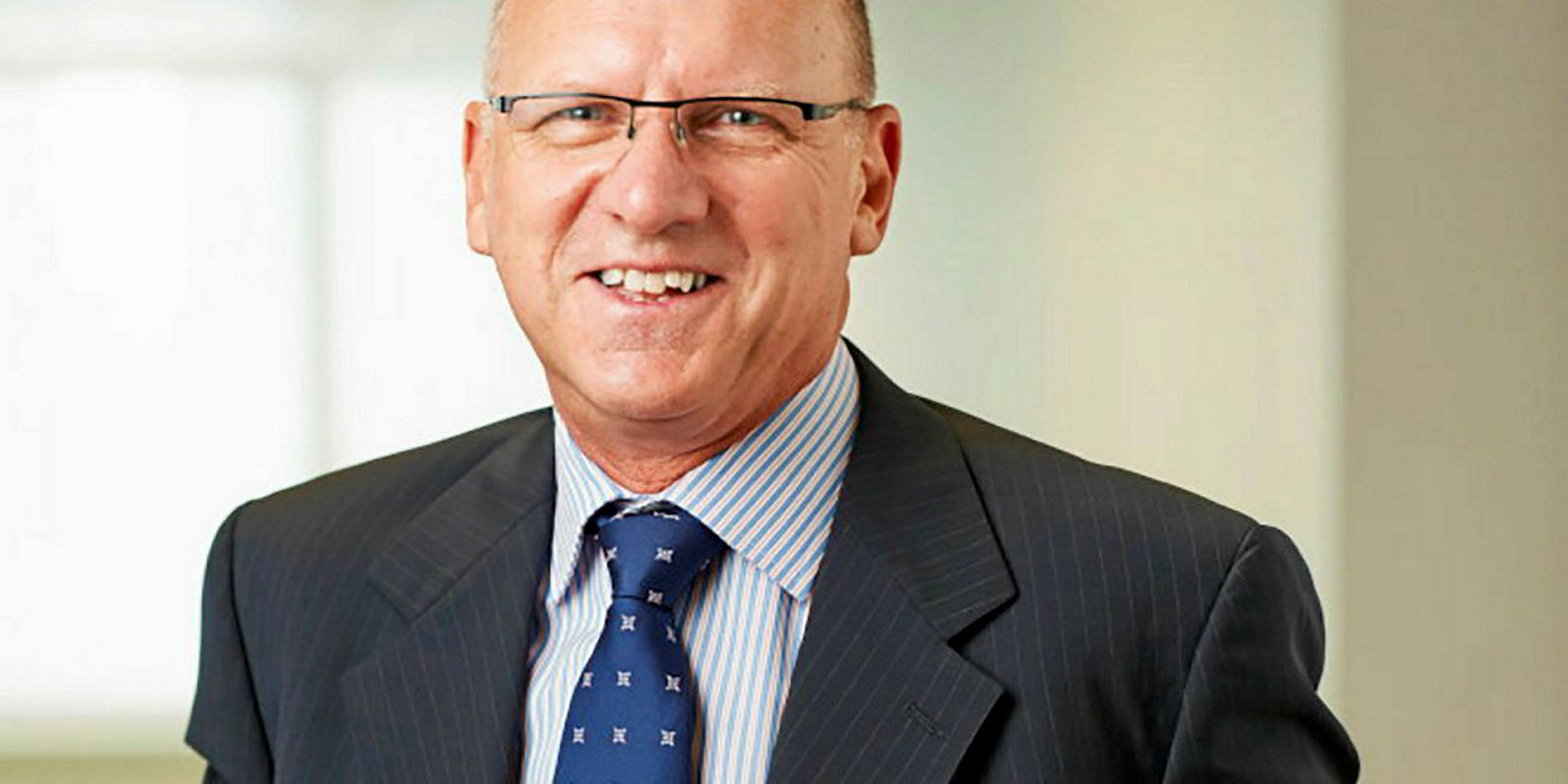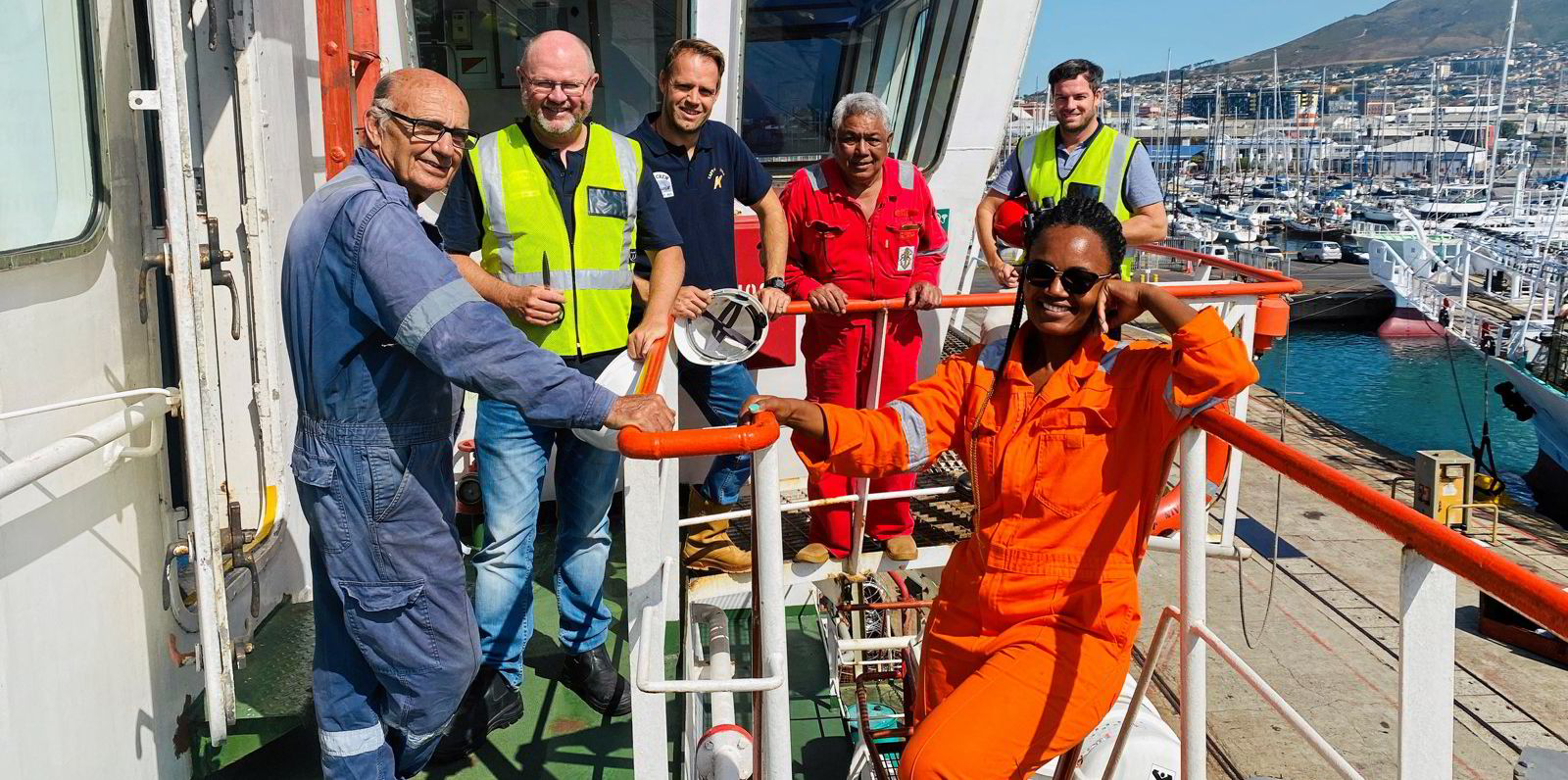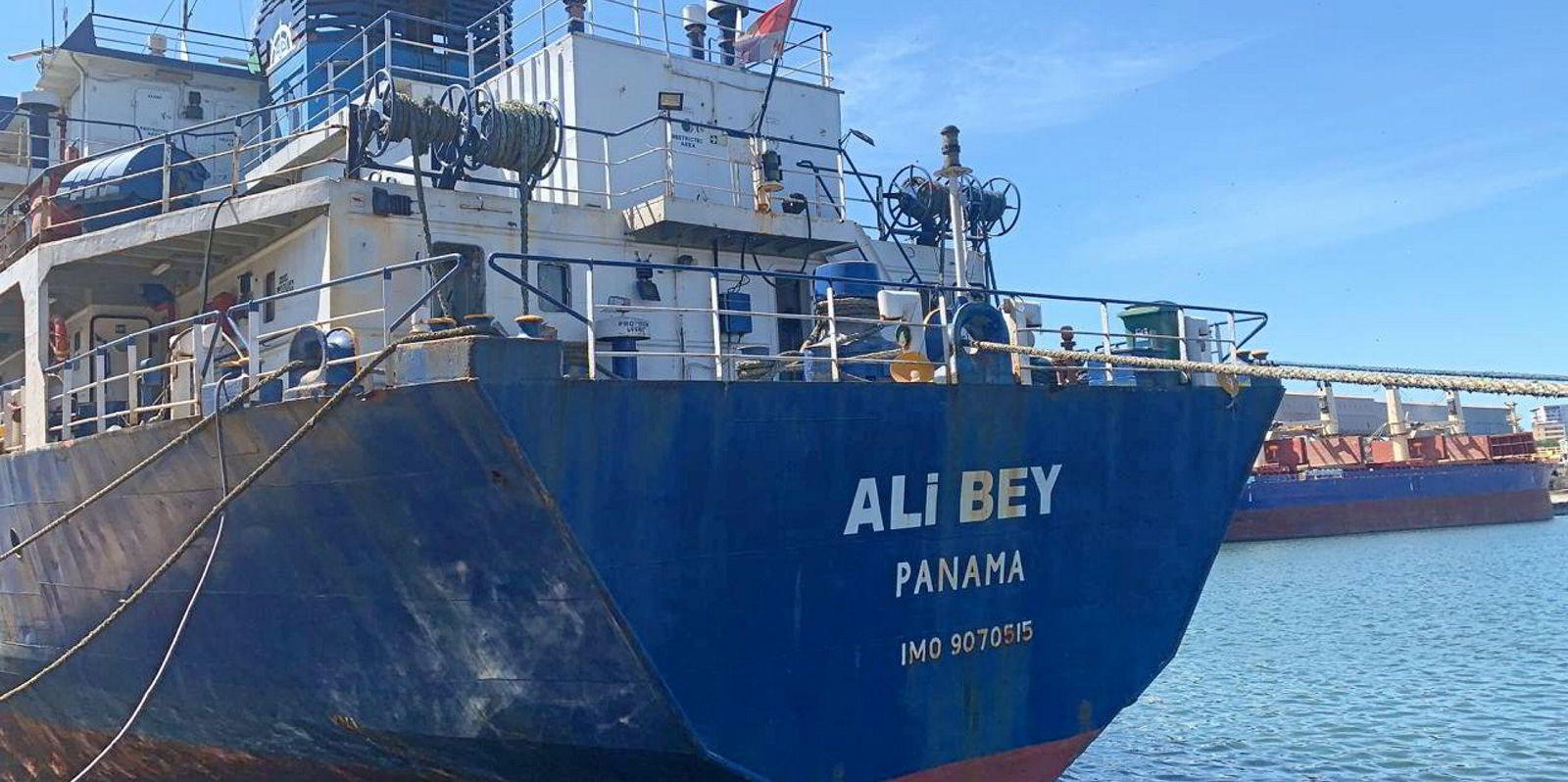Former RightShip chief executive and founder Warwick Norman is devoting his retirement to improving seafarer welfare.
The Melbourne native is working with organisations such as Seafarers Connect and the Melbourne Seafarers Centre, along with other seafarer and shipping-related start-ups.
He claims this has kept him as busy as when he led RightShip, the independent third-party vetting company.
A third-generation seafarer and former master mariner, Norman believes that seafarer welfare issues are more important than ever because of Covid-19.
As seafarers have been confined on board their ships, the various organisations at ports that tend to their welfare have also been denied contact and are suffering as revenue streams that supplemented their donation funding have been cut off.
“The concern is whether we are getting enough welfare provision on board when we can’t go up the gangway,” Norman explained.
He leads Seafarers Connect, an initiative developed by the Tas Bull Seafarers Foundation to provide free high-quality wifi to seafarers on ships visiting Australian ports.
Ships are provided with a wifi router upon berthing at participating Australian ports for the crew to use while the ship is alongside. The router connects directly to an Australian internet service provider, so it does not have to be channelled through the port’s own network.
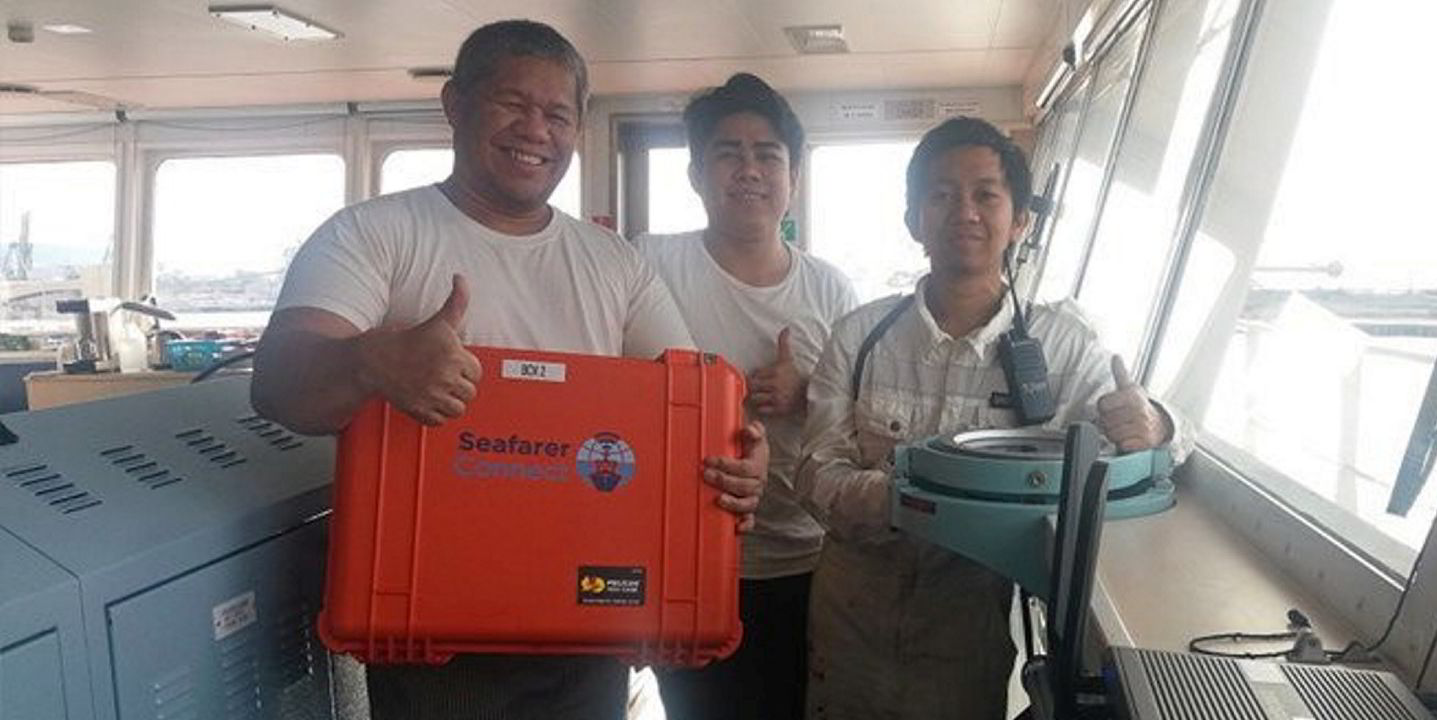
“We provide wifi boxes to the terminal, who drop them off at the bottom gangways. They pick them up just before the ships depart. The boxes are sterilised before being given to other ships,” Norman explained.
“It has been a great initiative.”
The wifi access allows crews to maintain contact with their families and friends, and equally as important, allows pastoral care provided by port chaplains and welfare organisations to be undertaken via video call.
Seafarers Connect also links crew members to Hunterlink, a non-profit employee assistance provider that offers confidential mental health and well-being support to seafarers.
Hunterlink is working in a social partnership with the International Transport Workers' Federation (ITF), which funds an early intervention model to support seafarers and their mental health while visiting Australian waters.
Seafarers Connect's service is available at Port Botany, Newcastle, Port Kembla, Albany, Kwinana and Port Hedland, and it is working to extend coverage to other Australian ports.
Reinventing seafarer payroll
Norman has also been involved with Secure Seas, a start-up launched by a group of individuals from the maritime and finance industries that aims to address what it describes as the shipping industry’s “cumbersome, inequitable and antiquated payroll system”.
Secure Seas is an electronic payroll platform the company claims will transform and bring more transparency to seafarer payroll by reducing the excessive cost and inefficiency around seafarer pay disbursement, and “ensures their time in port is in tune with everyday life”.
The platform acts as a digital wallet, enabling digital payments using QR codes, provides a smartphone app to make international remittances and cash withdrawals, and issues users with a debit card linked to their account.
“If you look at how crews are paid today, it is usually in cash disbursements issued by the master,” said Norman.
“The cash system is hard for companies and seafarers to keep track of. When in port, seafarers have to find somewhere to change money into local currency. Usually they are hit in the pocket by unfavourable exchange rates and high service charges.”
Shipping companies can incorporate Secure Seas as part of their payroll system, while seafarers can join individually.
Although set up as a for-profit company, it is an initiative of the Seafarers Foundation, which will distribute the majority of the profits to seafarer welfare organisations.
Melbourne Seafarers Centre
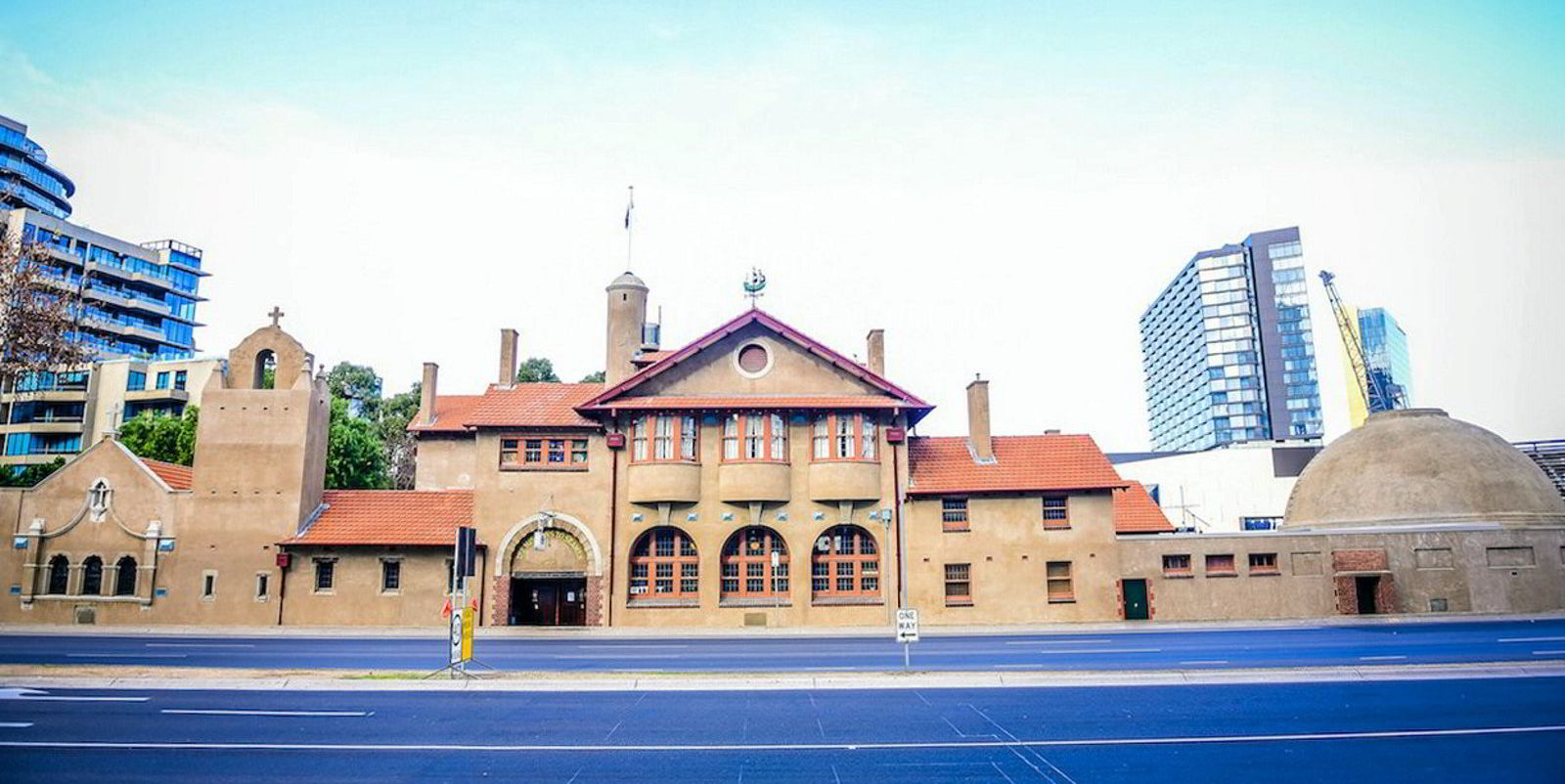
Another initiative that Norman is actively involved with is the new Melbourne Seafarers Centre.
The centre will operate out of a heritage building that is currently occupied by The Mission to Seafarers, which will remain as the service provider.
However, the building will also serve as the headquarters for other seafarer welfare organisations such as Stella Maris and the ITF, and serve as a recreation club for visiting seafarers.
The new Melbourne Seafarers Centre’s role will be as facilitator.
“Bringing these organisations together under one roof is all about making their operations sustainable. Having everyone in one location means they can share facilities and won’t need to run duplicate services. Seafarers will also be able to gather in one convenient location,” Norman explained.
